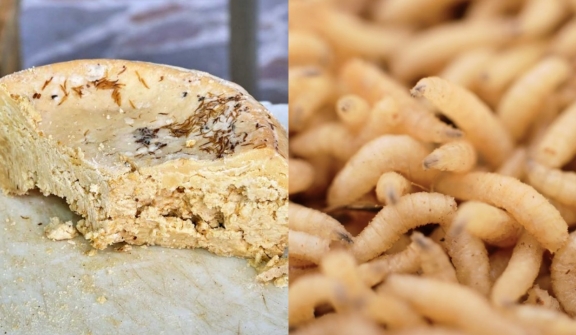
On the island of Sardinia, off the coast of Italy, a peculiar cheese has captured the attention of the culinary world.
Casu Marzu, a traditional delicacy that dates back centuries, is considered the "world's most dangerous cheese" due to its unique and rather unsettling production process.
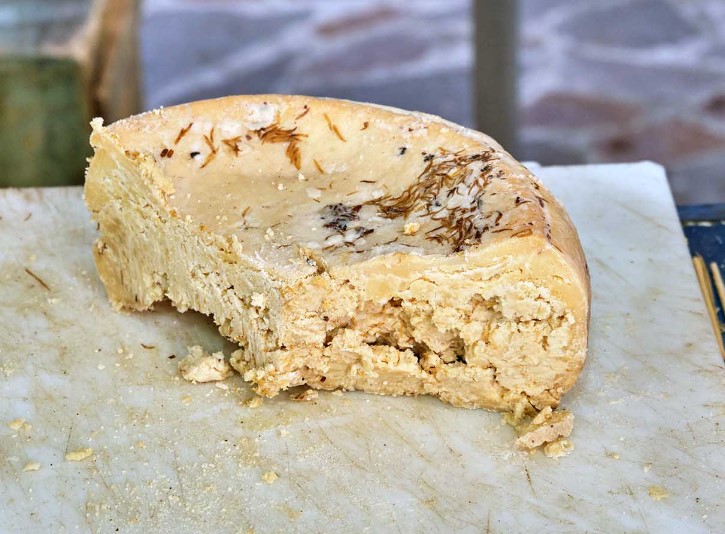
Traditionally made from sheep's milk, casu marzu is set apart by the addition of a key ingredient: live maggots.
These maggots, the larvae of the cheese fly (Piophila casei), are intentionally introduced to the cheese during the maturation process.
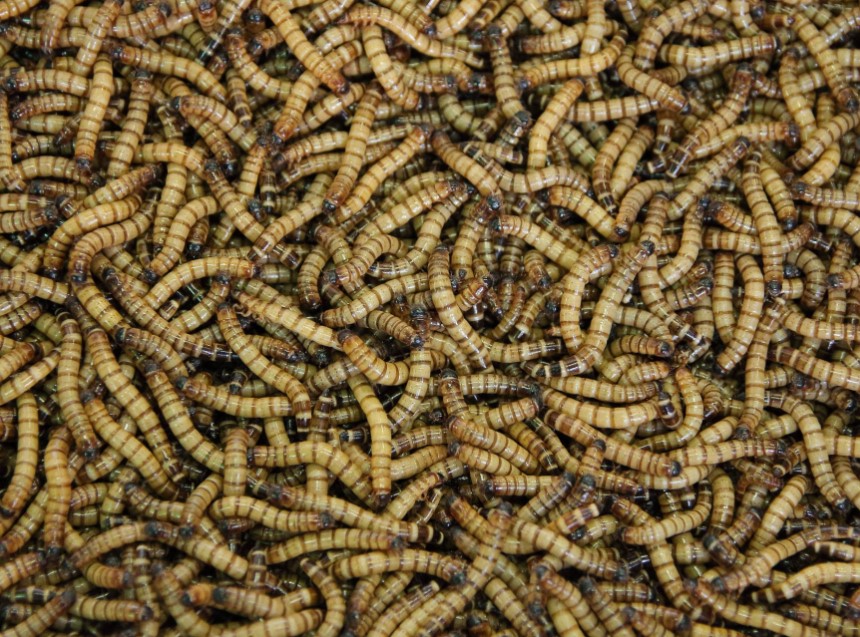
The flies lay their eggs in the cracks of the cheese, and the hatched maggots then work to ferment and soften the cheese through their digestive activities.
This unusual process results in a creamy, pungent cheese that is prized by many Sardinian locals.
Despite the presence of maggots, some devotees even go so far as to spin the cheese in a centrifuge to blend the larvae into the final product.
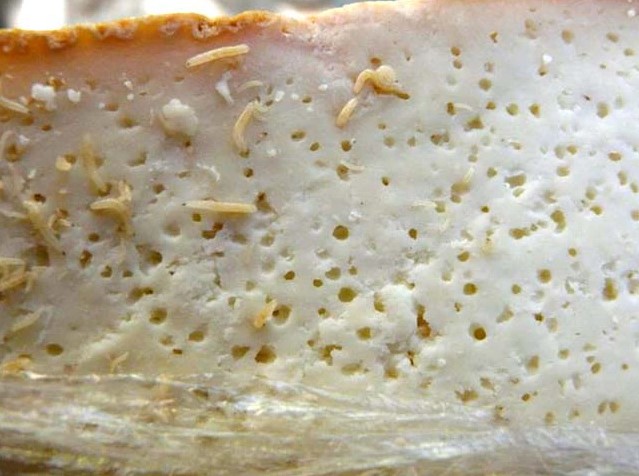
These maggots are quite active and can jump up to 15 centimeters (6 inches) in the air.
Though eating Casu Marzu comes with significant risks, Sardinians have been consuming this cheese for centuries, with some believing it even has aphrodisiac properties.
The cheese is banned from commercial sale due to the potential danger of causing intestinal myiasis if the larvae enter the digestive system.
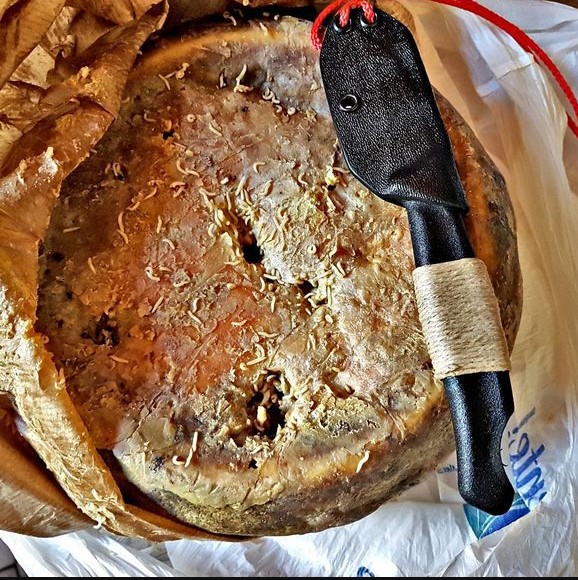
This could lead to symptoms like vomiting, diarrhea, and abdominal pain as the maggots hatch eggs inside the gastrointestinal tract.
Even though it can be risky, Casu Marzu cheese is said to taste 'very strong, a bit tingly,' like parmesan.
Some, like food writer Vivienne Nunis, can overlook the maggots, but others, including chef Gordon Ramsay, find it too 'sour' and unpleasant.
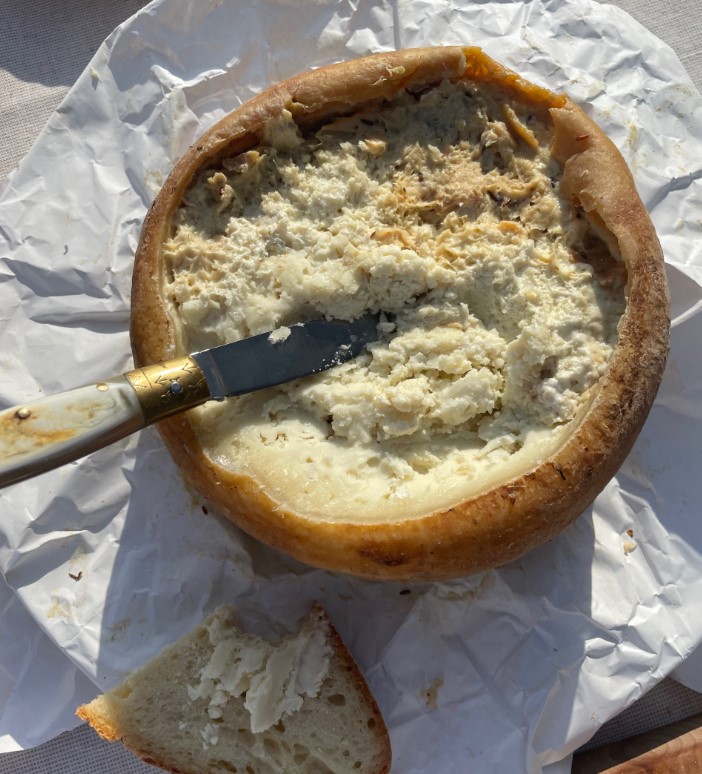
A popular dish in poor rural Thailand called koi pla can cause liver cancer after just one bite.
The dish is made with minced raw fish, herbs, spices, and lemon juice. However, the raw fish used contains liver flukes - small parasitic worms that can infect the human liver.
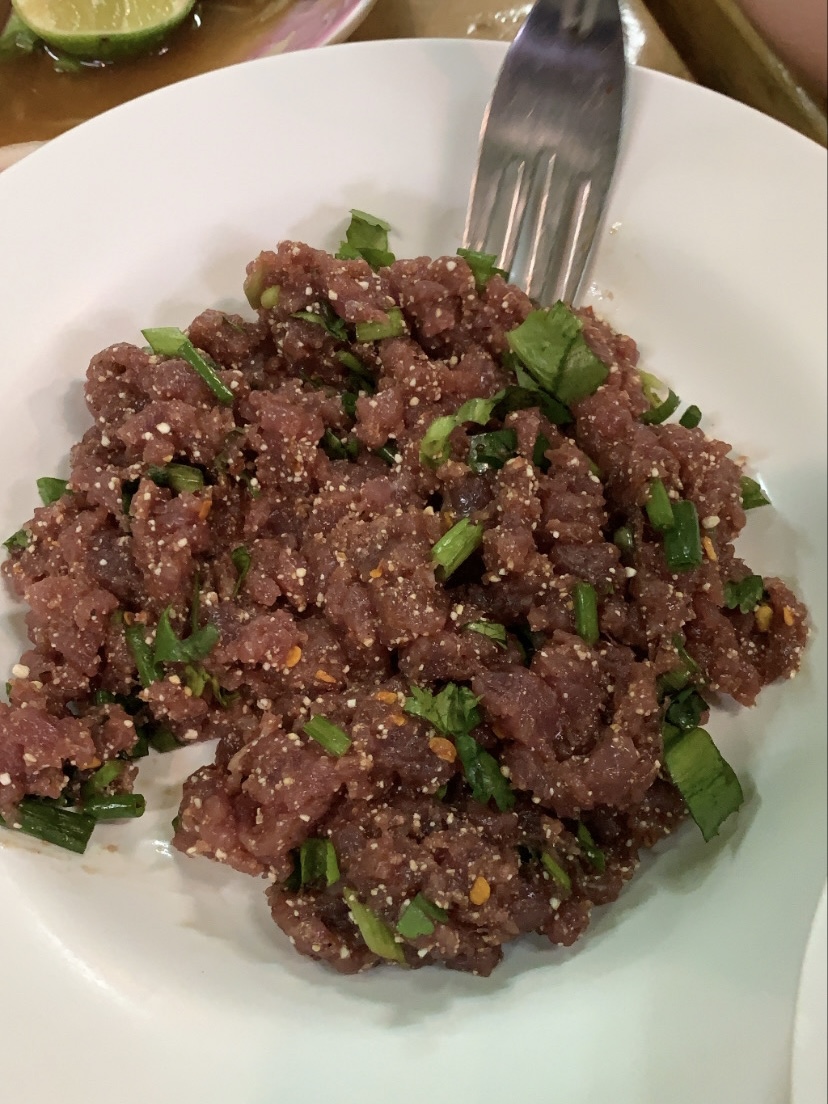
When consumed, these liver flukes enter the bile ducts in the liver and cause ongoing inflammation and harm.
This inflammation can gradually lead to the growth of cancerous tumors in the liver.
The problem is that liver fluke infection often doesn't show any symptoms as it progresses, so people may not realize they have the disease until it has reached an advanced stage.
Shockingly, over 50% of liver cancers in men in the Isaan region of Thailand are caused by this dish, compared to just 10% worldwide.




